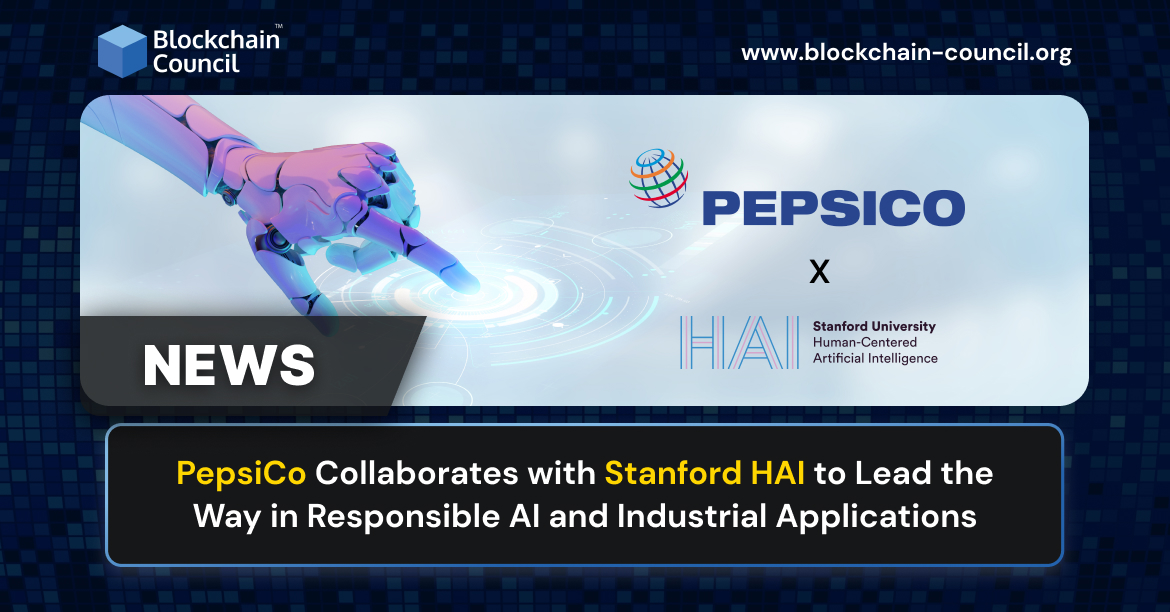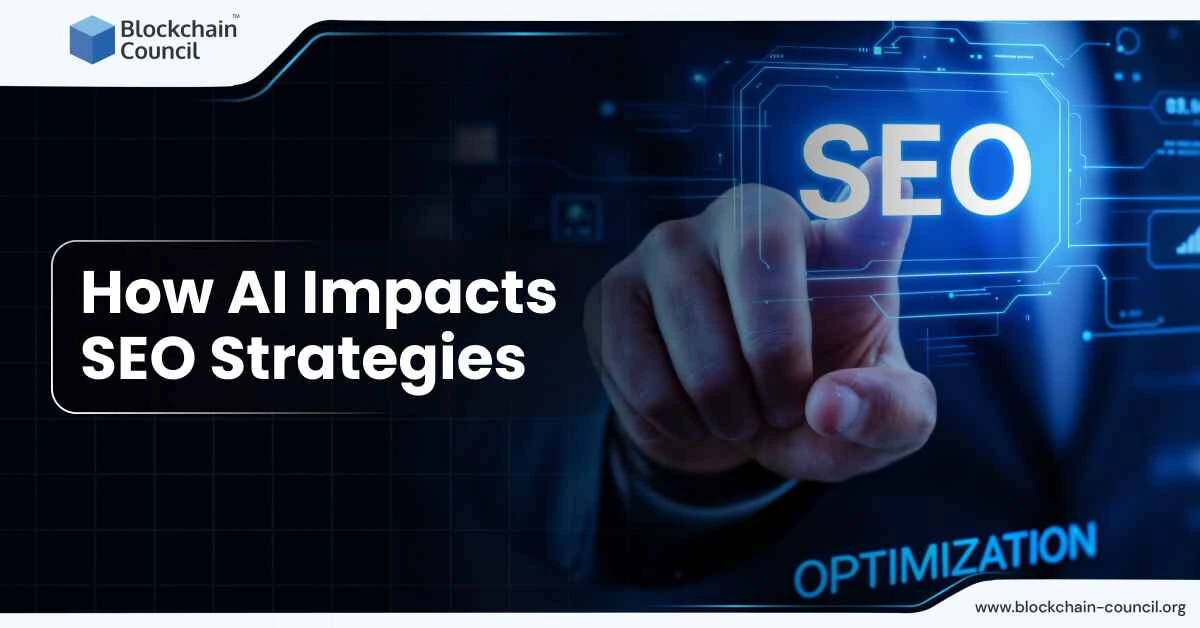
- Blockchain Council
- January 04, 2025
Artificial intelligence (AI) is quickly becoming part of our daily routines, changing industries and altering how we engage with technology. This shift is happening in areas like education, healthcare, business, and even creative work.
AI in Education
AI is making huge advancements in education, benefiting both students and teachers in ways that were hard to imagine just a few years ago. For example, schools are now introducing AI-based tutoring programs to help students learn more effectively. One example is Khan Academy’s AI tutor, Khanmigo, which is being tested in New Jersey schools. This tool provides students with personalized tutoring based on their academic needs, aiming to boost their learning progress.
Apart from tutoring, AI is being used in creative classroom settings. In Arizona, schools are using platforms like Canva to assist students with projects, allowing them to create and edit images during art lessons. Teachers ensure that students don’t become overly dependent on these tools for completing their work. Instead, the focus remains on using AI to improve learning outcomes.
However, the introduction of AI in education has sparked debates over issues like privacy and bias, with school districts looking for ways to balance AI support and the essential role of teachers.
The Certified Artificial Intelligence (AI) Expert™ certification helps you understand how AI is shaping industries and driving innovation.
AI in Healthcare
AI is already proving beneficial in healthcare, especially in diagnosis and patient care. AI, with its capability to handle vast data rapidly, supports doctors in detecting diseases sooner and providing more accurate diagnoses. Hospitals are also using AI for remote patient monitoring, which helps staff respond faster to potential medical issues.
In addition to this, AI is speeding up the drug discovery process. By accelerating research, it’s helping pharmaceutical companies find new treatments faster. For example, Google’s DeepMind has developed technology that predicts protein structures, a key factor in understanding diseases and creating new treatments.
However, as AI becomes more common in healthcare, ethical concerns are rising. Questions about how patient data is handled by these systems are prompting governments and companies to push for clearer guidelines on data privacy.
AI in the Workplace
AI is becoming a major player in industries such as manufacturing, finance, and customer service. A growing trend is using AI to streamline tasks in human resources, especially in the hiring process. These tools can sift through resumes, select candidates based on certain criteria, and even conduct preliminary interviews. While this increases efficiency, it also raises concerns about unintentional biases in the algorithms, which may unfairly exclude candidates based on factors like gender or disability.
In manufacturing, AI-powered robots work alongside humans, making processes more efficient. These systems can also predict when equipment will need repairs, which helps prevent unexpected breakdowns and delays in production.
In the financial sector, AI enhances fraud detection. Algorithms sift through large sets of financial information to identify potentially suspicious behaviors. In customer service, AI-powered chatbots, like those running on ChatGPT, are handling simple customer inquiries, freeing up human agents to manage more complicated tasks.
As AI takes on a bigger role in various industries, the Certified Artificial Intelligence (AI) Developer™ credential can help you design better systems for different applications
The Role of Generative AI
Generative AI, the technology behind tools such as ChatGPT and DALL-E, is bringing significant changes to creative industries. These tools can generate text, images, and music, helping writers, designers, and artists work more efficiently. For instance, news agencies like The Associated Press are using automated systems to generate earnings reports, simplifying the process of creating short, data-focused pieces.
However, there has been backlash against generative AI in creative fields. Ethical concerns, especially around intellectual property, are causing disputes. Some creators argue that AI-generated work lacks true originality and could harm their livelihoods. Legal battles, like those against OpenAI for using copyrighted material to train AI models, highlight these concerns and indicate that governments are starting to take notice.
And to make the most of generative AI, consider enrolling into the Certified Generative AI Expert™ program.
AI in Transportation
AI is playing a significant role in changing the transportation industry, especially with developments in self-driving vehicles and AI-powered logistics systems. Although fully self-driving cars are still in the works, current AI is already advancing driving assistance features. Logistics companies, too, are using AI to plan delivery routes more efficiently, helping packages reach their destinations faster while lowering fuel consumption.
Airlines and other transportation services are adopting AI to predict and deal with potential disruptions, such as bad weather, to avoid delays. These systems analyze past data to help businesses make smarter choices and keep things running smoothly.
AI Regulations
As AI continues to spread, governments are stepping in to set rules. In the United States, the Biden administration has proposed an “AI Bill of Rights” aimed at tackling data privacy and ethical issues. While this framework doesn’t have legal force, it shows that more attention is being paid to protecting civil rights in the age of AI.
In Europe, lawmakers are working on legislation that ensures AI systems remain transparent and fair. New York has also introduced regulations requiring companies to regularly audit AI tools used for hiring to make sure they don’t discriminate unfairly.
Final Thoughts
AI is touching many aspects of our lives, from classrooms and hospitals to businesses and creative spaces. While its ability to increase efficiency and create new opportunities is clear, it also brings challenges related to ethics, privacy, and fairness. The future of AI will depend on finding a careful balance between innovation and responsible usage.
With AI transforming the world, staying updated is key. Our Unlimited Learning Subscription (AI) offers the latest insights to keep up with changes.





































































 Guides
Guides News
News Blockchain
Blockchain Cryptocurrency
& Digital Assets
Cryptocurrency
& Digital Assets Web3
Web3 Metaverse & NFTs
Metaverse & NFTs
